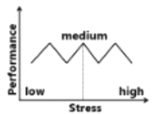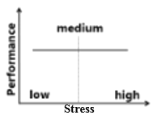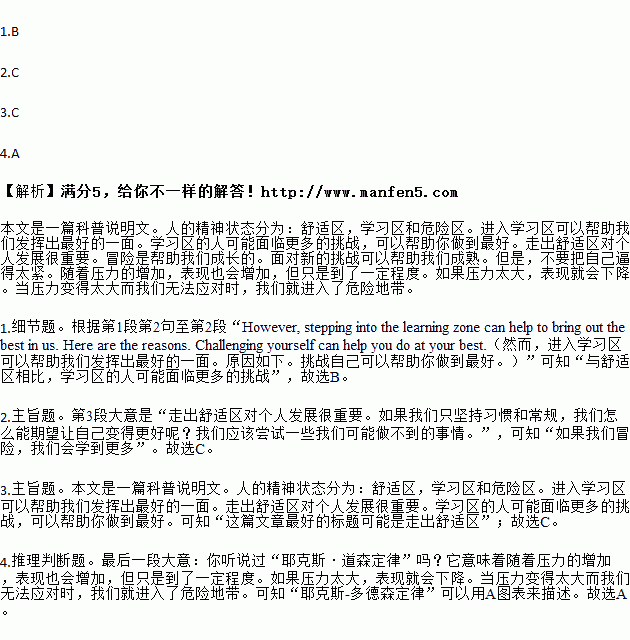题目内容

Comfort Zone is a state(状态)of mind where there is the least stress. However, stepping into the learning zone can help to bring out the best in us. Here are the reasons.
Challenging yourself can help you do at your best.
Stepping outside one's comfort zone is important to personal development. How can we expect to make ourselves better if we only stick to habit and routine(日常)? We should try something we might not succeed at.
Taking risks is what helps us grow.
As children, we're natural risk-takers. But as we get older and learn to fear failure(失败), we start trying fewer new things. We pay a heavy price for our fear of failure. There is no learning without some difficulty.
Facing new challenges can help us age better.
Our comfort zones seem to become smaller as we get older-but if we can keep expanding them, we'll open ourselves up to a greater world as we age. As we step into the learning zone, we will get more comfortable with the skills gradually and we'll start to move into the comfort zone. A study found that learning new life skills can help our brain stay sharp(敏锐的)as we get older.
However, don't push yourself too far. Have you heard of "Yerkes-Dodson Law”? It means performance increases as stress grows, but only up to a point. If the level of stress becomes too high, performance will go down. When stress becomes too great for us to deal with, we enter the danger zone.
1.Compared with the comfort zone, people in the learning zone may .
A.feel less stress B.face more challenges
C.make fewer efforts D.refuse more changes
2.From paragraph 3, we will learn more if we .
A.spend money B.fear failure C.take risks D.feel natural
3.The best title of the passage might be .
A.Comfort Zone Makes Us Safe
B.What Is Comfort Zone
C.Step Outside Comfort Zone
D.Never Fear Comfort Zone
4.“Yerkes-Dodson Law” can be described by Graph .
A. B.
B.
C. D.
D.
 开心快乐假期作业暑假作业西安出版社系列答案
开心快乐假期作业暑假作业西安出版社系列答案 名题训练系列答案
名题训练系列答案 期末集结号系列答案
期末集结号系列答案

